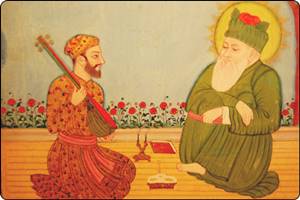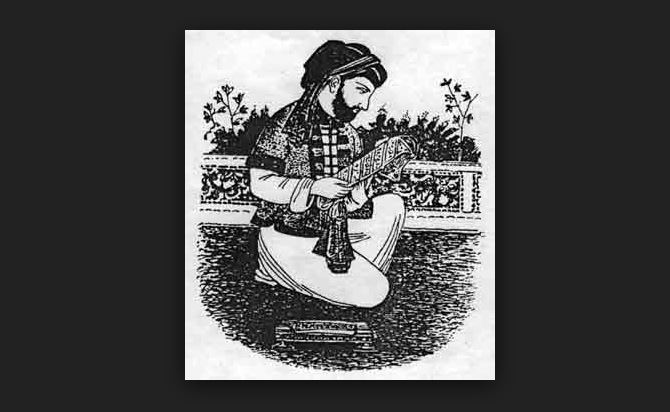Amir Khusrau: A Remarkable Figure in South Asian History
Amir Khusrau: A Remarkable Figure in South Asian History
Amir Khusrau, also known as Abu’l Hasan Yamīn ud-Dīn Khusrau, was a renowned Indo-Persian poet, musician, and scholar who lived during the Delhi Sultanate period from 1253 to 1325 AD. He played a significant role in shaping the cultural landscape of South Asia. Khusrau was deeply influenced by Sufism and was a devoted follower of Nizamuddin Auliya, a spiritual leader in Delhi, India.

Aaj Rang Hai – Hazrat Amir Khusrow
Known for his poetic talent, Khusrau wrote in Persian and Hindavi languages, leaving behind a rich legacy of literary works. He is often hailed as the “Father of Qawwali,” the devotional music popular among Sufis in the Indian subcontinent. Khusrau also introduced the ghazal style of poetry to India, which continues to be celebrated in both India and Pakistan.
Born into a diverse family background in Uttar Pradesh, India, Khusrau’s upbringing was marked by exposure to various cultures and languages. His father, Amir Saif ud-Din Mahmud, was of Turkic descent, while his mother, Bibi Daulat Naz, hailed from an Indian noble family.
Despite facing hardships early in life, including the devastation caused by Genghis Khan’s invasion of Central Asia, Khusrau’s talent and intellect shone through. He began composing poetry at a young age and quickly gained recognition for his literary skills.
Throughout his career, Khusrau received patronage from various rulers and nobles, which allowed him to pursue his artistic endeavors. He served in the courts of several prominent figures, including Malik Chajju and Jalal ud-Din Firuz Khalji, where his poetry was highly appreciated.

Hazrat Amir Khusro
Khusrau’s literary contributions encompassed a wide range of genres, from romantic poetry to historical epics. His works, such as the Khamsa-e-Khusrau, earned him widespread acclaim and established him as a leading figure in the world of poetry.
In addition to his poetic pursuits, Khusrau was also a devout disciple of Sufism, seeking spiritual guidance from Nizamuddin Auliya. His devotion to Sufism is evident in many of his poems, which reflect themes of love, mysticism, and spiritual enlightenment.
Amir Khusrau’s influence extended far beyond his lifetime, and he continues to be revered as a cultural icon in South Asia. His tomb, located in the Nizamuddin Dargah in Delhi, remains a testament to his enduring legacy as a multifaceted luminary of art and spirituality.
Read more about Hazrat Amir Khusrow on TheSufi.com here.



